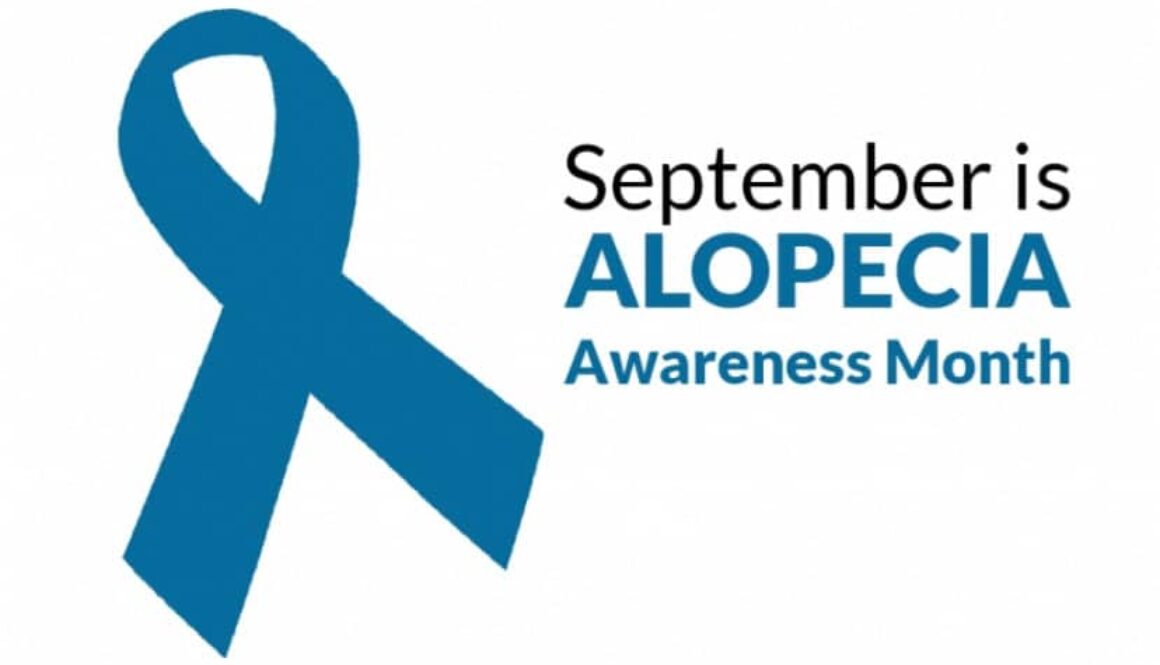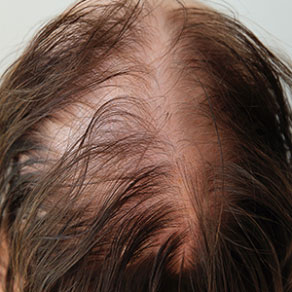What is a GLP-1?
What is a GLP-1?
Ozempic, Mounjaro, Wegovy are just a few of the GLP-1 medications that starting making headlines in the last couple of years.
They were originally used to treat Type 2 diabetes when it was noticed that people on these drugs who had a significant amount of extra weight actually started to lose pounds.
As with all medications, GLP-1 medications can cause a range of side effects. One of which seems to be hair loss. Many people do not experience this but for those who do, this can be quite upsetting. Studies have shown that there is a small chance of experiencing some hair loss if you take a weight loss drug. One study found that 3% of users on Wegovy experienced alopecia. Another noted that around 4.9% of Mounjaro users experienced some hair loss.
Thankfully the percentages are low and it isn’t yet clear if it is the medication causing the hair loss or the extreme weight loss. Rapid weight loss causes a phenomenon known as telogen effluvium. **Telogen effluvium is a temporary condition that occurs when a higher-than-normal number of hair follicles enter the resting (telogen) phase, leading to increased hair loss** Is it the weight loss caused by these medications the culprit or is it the GLP-1 medications themselves? Since these GLP-1 meds are new among the masses, it seems clear that more studies are needed.
What Can You Do to Prevent Hair Loss if You Are Taking These Medications?
Let’s minimize the potential for hair loss during weight loss. Take your medication as prescribed and if you do experience any hair loss, bring this to the attention of your healthcare provider.
Often when on these medications (or any weight loss program) some people forget to eat foods that are nutritionally dense. Lack of nutrients can also cause our hair to go into the telogen effluvium phase, which we know causes hair loss.
Stick to a healthy diet while on the medication. Avoid processed foods and foods with little nutritional value. Seek out foods with natural ingredients and be sure to eat your fruits and vegetables. This will ensure that you can get a good range of vitamins and minerals and encourage natural hair growth (whether you are on these medications or not) and may assist in helping to combat any hair loss that could occur while taking the medication.
Will My Hair Grow Back After Taking GLP-1 Medications?
The good news about this type of hair loss is that it is temporary. People tend to find that once their weight begins to stabilize, their body becomes used to it and things go back to normal. It may take a 6-9 months to notice a difference. The new hairs need time to grow.
We’ll keep an eye on further studies that go into this topic.
If you are on a GLP-1 medication and see excessive hair shedding contact the team at Hair Solutions of Long Island for a complimentary, private, in-person hair and scalp analysis. We have been helping people with hair loss and thinning hair for over 30 years. Call us and come see!







 If you’re searching for scalp inflammation treatment in Long Island, you’re likely dealing with itching, soreness, or painful bumps on your scalp. These symptoms are often early signs of inflammation—and if ignored, they can lead to infection, scarring, or even permanent hair loss. The good news? When caught early, inflammation is treatable. At Hair Solutions of Long Island, we’re here to help you heal your scalp and protect your hair.
If you’re searching for scalp inflammation treatment in Long Island, you’re likely dealing with itching, soreness, or painful bumps on your scalp. These symptoms are often early signs of inflammation—and if ignored, they can lead to infection, scarring, or even permanent hair loss. The good news? When caught early, inflammation is treatable. At Hair Solutions of Long Island, we’re here to help you heal your scalp and protect your hair.
 It’s not just Rover or Kitty who shed—we do too! When the seasons change, so does our hair. If you’ve noticed more strands in your brush or the shower drain, don’t panic! Seasonal hair shedding is real, and as we transition into Spring, it’s completely normal to experience temporary hair loss.
It’s not just Rover or Kitty who shed—we do too! When the seasons change, so does our hair. If you’ve noticed more strands in your brush or the shower drain, don’t panic! Seasonal hair shedding is real, and as we transition into Spring, it’s completely normal to experience temporary hair loss.

 Forget traditional love—it’s time for self-love! And what better way to start than by giving your hair the attention it deserves? Healthy, beautiful hair isn’t just about looks; it’s about confidence and care. Here’s how you can show your hair some love this February.
Forget traditional love—it’s time for self-love! And what better way to start than by giving your hair the attention it deserves? Healthy, beautiful hair isn’t just about looks; it’s about confidence and care. Here’s how you can show your hair some love this February.
 We hear it all the time in January: “New Year, New You!” It’s the rallying cry of the weight-loss industry, a reminder that many people use the new year as an opportunity for change. While improving your diet and lifestyle is commendable, one surprising side effect of rapid weight loss can be hair loss. Here’s why it happens and how you can prevent it while reaching your goals.
We hear it all the time in January: “New Year, New You!” It’s the rallying cry of the weight-loss industry, a reminder that many people use the new year as an opportunity for change. While improving your diet and lifestyle is commendable, one surprising side effect of rapid weight loss can be hair loss. Here’s why it happens and how you can prevent it while reaching your goals.
 Did you know that that the change of seasons can affect your hair? Your hair texture can actually change as the temperature gets cooler. Let’s talk about keeping it nurtured, protected and healthy.
Did you know that that the change of seasons can affect your hair? Your hair texture can actually change as the temperature gets cooler. Let’s talk about keeping it nurtured, protected and healthy.
 October is National Breast Cancer Awareness month. Let’s take a moment to pause and think of the women we love who have dealt with or dealing with this diagnosis. To those we lost and to the survivors – we keep you near and dear.
October is National Breast Cancer Awareness month. Let’s take a moment to pause and think of the women we love who have dealt with or dealing with this diagnosis. To those we lost and to the survivors – we keep you near and dear.
